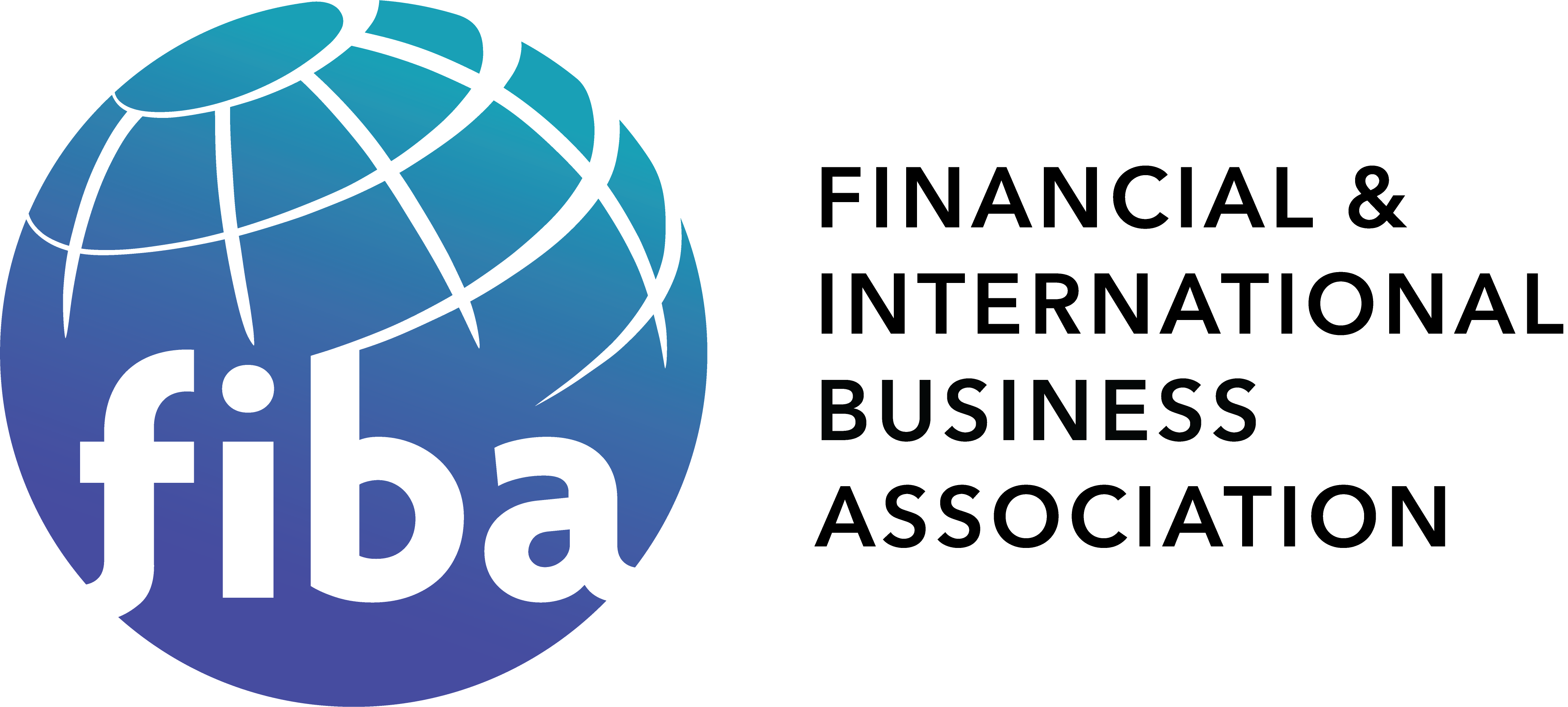Miami, FL, November 19, 2018 — The Florida International Bankers Association (FIBA) has just launched a revamped, Latin-American version of its pioneer AMLCA (Anti-Money Laundering Certified Associate). This updated certification rolled out its first edition in Panama at IBI Universidad Bancaria and offers the core AML components to help professionals in both financial and non-financial industries to develop successful strategies to fend off organized crime.
Created in partnership with the Florida International University (FIU) in 2007, the FIBA AMLCA has certified over 5,000 industry professionals from more than 70 countries. This includes over 500 regulators in Latin America, the Caribbean, and the U.S.
“The AMLCA is a certification standard like no other in the financial services and Designated Non-Financial Businesses and Professions (DNFBPs) sectors. It provides a functional and practical approach to designing and implementing a financial crimes prevention program from a Risk-based approach, considering multiple industries, international standards, and U.S. regulatory aspects that have a direct impact on countries in Latin America,” stated Ana Maria de Alba, Consultant, and Lead AMLCA Instructor.
The new AML certification guides professionals in understanding the crucial components and recent changes that continuously reshape the compliance landscape. Taught by a team of experienced AML professionals from the public and private sectors, the credentials are customized to serve the training needs of regulators such as the Superintendencia de Bancos de Panama and the Superintendencia de Mercado de Valores (SMV), also in Panama.
In addition, FIBA has created several new partnerships with entities outside of banking such as CAPMEC (Cámara Panameña de Mercado de Capitales) to offer professional education on a consistent basis. They have shared their AML expertise and expanded their offerings to new sectors most impacted by financial crime—in the areas of Securities Industry, Casinos, the Stock Market and DNFBP.
“The AMLCA was specifically designed for compliance, auditing, and risk control professionals,” said Julio Aguirre, Consultant, and AMLCA Instructor. “This certification endorses AML professionals’ expertise on this matter.”
“Criminal organizations are becoming more sophisticated and agile, so it’s imperative that AML professionals sharpen their skills on a regular basis,” said Sofia Villalobos, FIBA Institute Director of Executive Education. “The great news about this revamped certification is that it focuses only on the U.S. regulatory considerations that directly impact foreign banks—for an intentional approach and tailored regional training.”
